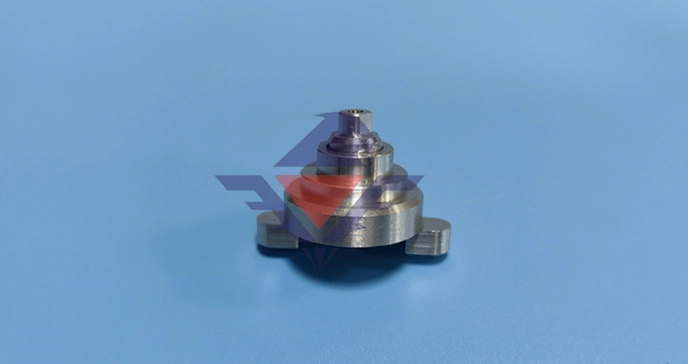
# Precision Swiss Screw Machining for Complex Components
## What is Swiss Screw Machining?
Swiss screw machining, also known as Swiss turning or Swiss-style lathe machining, is a specialized manufacturing process that produces high-precision components with tight tolerances. This advanced machining technique originated in Switzerland’s watchmaking industry and has since evolved to serve various high-tech sectors requiring complex, miniature parts.
Keyword: Swiss Screw Machining
## The Advantages of Swiss Screw Machining
Swiss screw machining offers several distinct benefits for manufacturing complex components:
– Exceptional precision with tolerances as tight as ±0.0001 inches
– Ability to machine small, intricate parts with diameters as small as 0.5mm
– Reduced vibration and improved surface finishes
– Capability to perform multiple operations in a single setup
– Efficient material usage with minimal waste
## Applications Across Industries
Precision Swiss screw machining serves numerous industries that demand high-quality, complex components:
### Medical Device Manufacturing
The medical industry relies heavily on Swiss screw machining for producing surgical instruments, implants, and diagnostic equipment components that require absolute precision and reliability.
### Aerospace Components
Aerospace applications benefit from Swiss machining’s ability to create lightweight, durable parts with complex geometries that meet strict industry standards.
### Electronics and Microtechnology
The electronics sector utilizes Swiss machining for connectors, contacts, and other miniature components essential for modern electronic devices.
## The Swiss Screw Machining Process
The Swiss machining process differs from conventional turning in several key aspects:
– The guide bushing provides support close to the cutting tool, reducing deflection
– The machine feeds the bar stock through the guide bushing while tools cut the material
– Multiple tools can operate simultaneously on different parts of the workpiece
– Computer numerical control (CNC) ensures precise, repeatable operations
## Material Capabilities
Swiss screw machines can work with a wide range of materials, including:
– Various grades of stainless steel
– Titanium and titanium alloys
– Brass and copper alloys
– Aluminum
– Plastics and engineered polymers
– Exotic metals like Inconel and Hastelloy
## Choosing the Right Swiss Machining Partner
When selecting a Swiss screw machining provider, consider these factors:
– Experience with your specific industry requirements
– Quality certifications and process controls
– Equipment capabilities and technological advancements
– Capacity for prototyping and high-volume production
– Commitment to continuous improvement and innovation
Precision Swiss screw machining remains the gold standard for producing complex, high-tolerance components across multiple industries. Its unique capabilities continue to make it indispensable for applications where precision, reliability, and miniaturization are critical requirements.